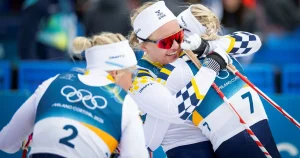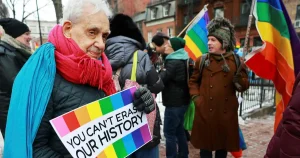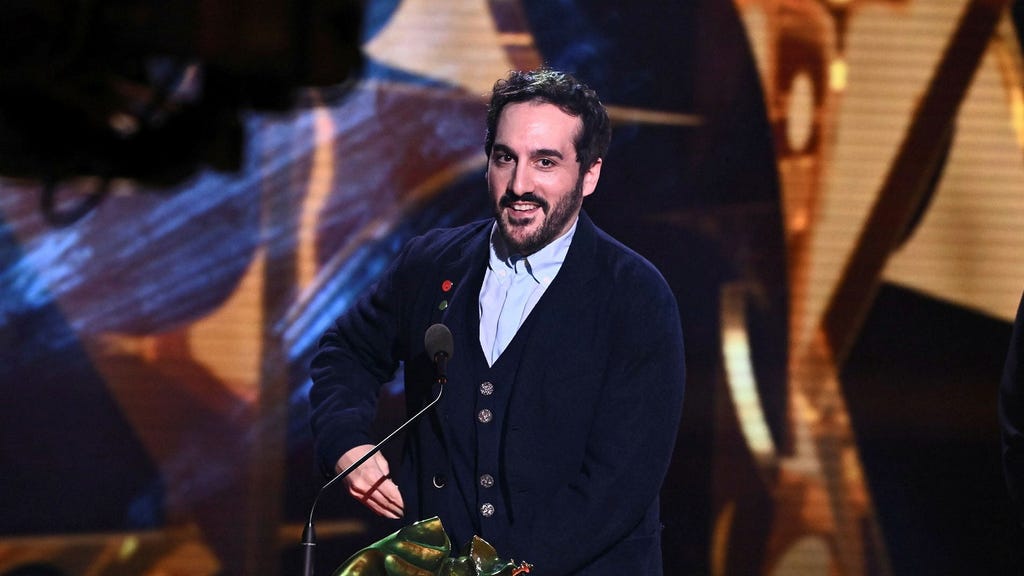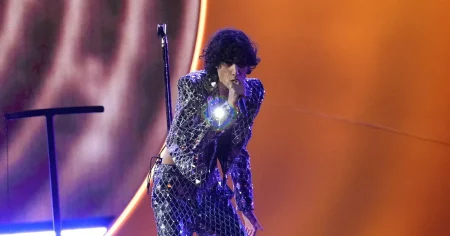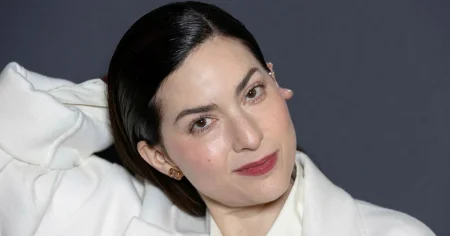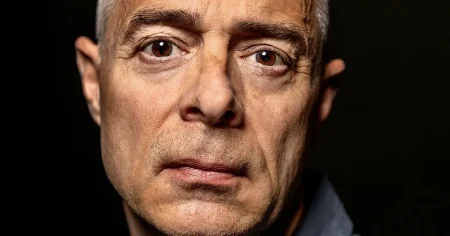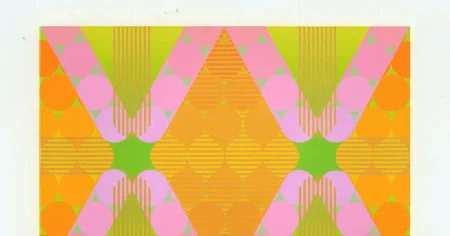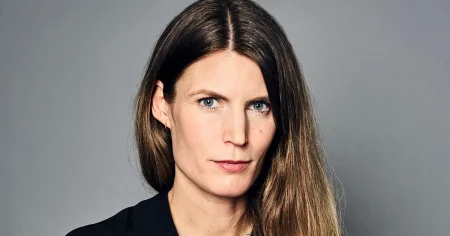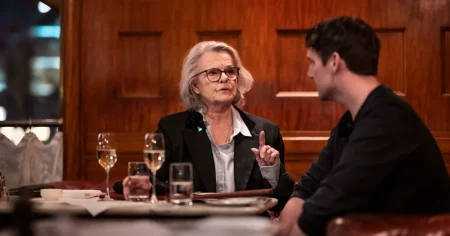The 60th annual Guldbagge Awards, Sweden’s equivalent of the Oscars, held on Monday, has been embroiled in controversy following comments made during acceptance speeches. Director and filmmaker Levan Akin, whose film ”Passage” won both Best Picture and Best Director, used his platform to address the ongoing humanitarian crisis in Gaza, characterizing the conflict as genocide and advocating for the defense of Palestinian humanity. This statement sparked outrage among some viewers, leading to a flurry of complaints submitted to the Swedish Media Authority, alleging violations of SVT’s (Swedish Television) impartiality and objectivity guidelines. As of Wednesday afternoon, the number of complaints had risen to 44, highlighting the polarizing nature of Akin’s remarks.
The controversy surrounding the Guldbagge Awards extends beyond Akin’s statement. Actress Bianca Kronlöf, who received the Best Actress award, utilized her acceptance speech to criticize for-profit welfare systems, further fueling the debate over the appropriateness of utilizing the awards ceremony for political commentary. Additionally, host Shima Niavarani’s script drew criticism for its allegedly ”crude” humor, adding another layer to the controversy surrounding the event’s content. These combined instances have ignited a broader conversation about the boundaries of political expression within entertainment contexts and the role of public broadcasters in navigating these sensitive issues.
SVT’s response to the mounting criticism has been cautiously measured. Camilla Hagert, SVT’s press officer, acknowledged the challenges of controlling live broadcasts and the inherent unpredictability of acceptance speeches, emphasizing the individual’s right to express their personal views. While acknowledging the influx of complaints, Hagert deferred to the Media Authority’s judgment on whether the matter warrants further investigation. This stance underscores the delicate balance SVT must strike between upholding its commitment to impartiality and respecting the principle of free speech, particularly in a live broadcast setting. Hagert defended Niavarani’s humor, citing the broad scope of artistic freedom afforded to satire and comedic expression.
The controversy surrounding the Guldbagge Awards highlights the inherent tension between artistic expression and the perceived obligations of impartiality in public broadcasting. While Akin’s comments regarding the Gaza conflict ignited the initial wave of criticism, the subsequent objections to Kronlöf’s critique of for-profit welfare and Niavarani’s humor suggest a broader discomfort among some viewers with the politicization of the awards ceremony. This raises fundamental questions about the appropriate forum for such discussions and whether an entertainment event, broadcast on a public platform, should be considered a neutral space or a platform for advocating specific political viewpoints.
The situation also underscores the increasing scrutiny faced by public broadcasters in an era of heightened political polarization. SVT’s predicament exemplifies the challenges in balancing the competing demands of objectivity, freedom of expression, and audience sensitivities. The influx of complaints to the Media Authority suggests a growing expectation among segments of the public for strict adherence to neutrality, even in contexts where artistic expression traditionally enjoys greater latitude. This evolving landscape presents a significant challenge for public broadcasters as they navigate the increasingly complex interplay between entertainment, politics, and public opinion.
The fallout from the 60th Guldbagge Awards will likely have lasting implications for future ceremonies and potentially influence the tenor of acceptance speeches in similar settings. The public debate ignited by the controversy, coupled with the Media Authority’s eventual ruling, will contribute to shaping the evolving understanding of the permissible boundaries of political expression within entertainment platforms. Furthermore, the incident may prompt a broader reflection within the Swedish media landscape on the role and responsibilities of public broadcasters in fostering open dialogue while upholding their commitments to impartiality and serving a diverse audience.


